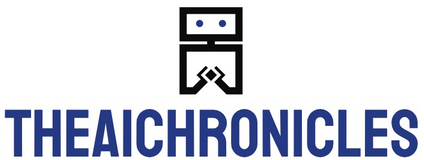Trump’s Return to Power: A Path Back to Global Confrontation?
As Donald Trump gears up for another term in the White House, the political landscape is witnessing a seismic shift reminiscent of his previous administration. The prevailing sense of urgency surrounding Trump’s expected appointments—particularly in critical positions of national security and foreign policy—raises significant questions about the future direction of U.S. diplomacy and global relations.
Trump’s first term was marked by dramatic foreign policy shifts, ranging from withdrawing from the Iran nuclear deal to contentious relations with NATO allies. Now, as the nation braces for the impact of his decisions, the growing anticipation around potential cabinet appointments reveals a return to Trump’s combative style of governance. Among the frontrunners for key positions are prominent figures from his past administration, including Florida Senator Marco Rubio, who is the favorite to lead the State Department.
In a clear indication of the direction Trump intends to take, his circle is filled with hawkish advisors. Sources reveal that these individuals are not just voices from the past, but also fresh perspectives advocating for aggressive stances on global crises. Along with Rubio, Elise Stefanik has been selected as UN Ambassador, a role expected to further amplify Trump’s confrontational approach to international diplomacy.
Meanwhile, global markets react to these developments with caution; European stocks dipped at the outset of trading as investors grapple with uncertainty.
The implications of Trump’s renewed administration are likely to reverberate globally, particularly in regions already rife with geopolitical tensions. Prominent political analysts, such as Professor Robert Thompson, emphasize how Trump’s choices may reshape alliances and confront adversaries with a boldness reflective of his earlier presidency. In light of potential confrontations with Iran and ongoing challenges in the Middle East, the urgency for stable and strategic diplomatic approaches has never been more crucial.
Just as during his first term, Trump’s policies come loaded with divisiveness. His supporters hail his decisiveness, while detractors warn against the potential toll on international relationships and domestic unity.
As the political arena braces itself for another Trump administration, the choice of advisors will be pivotal in defining not just legislative feedback but also the delicate fabric of international diplomacy. In this charged climate, the American public must engage with the implications of these appointments, recognizing that they will influence both the nation’s standing on the world stage and the everyday lives of Americans. It’s time for citizens to stay informed and vocal about the direction their government is heading—which can be as unpredictable as it is pivotal.
